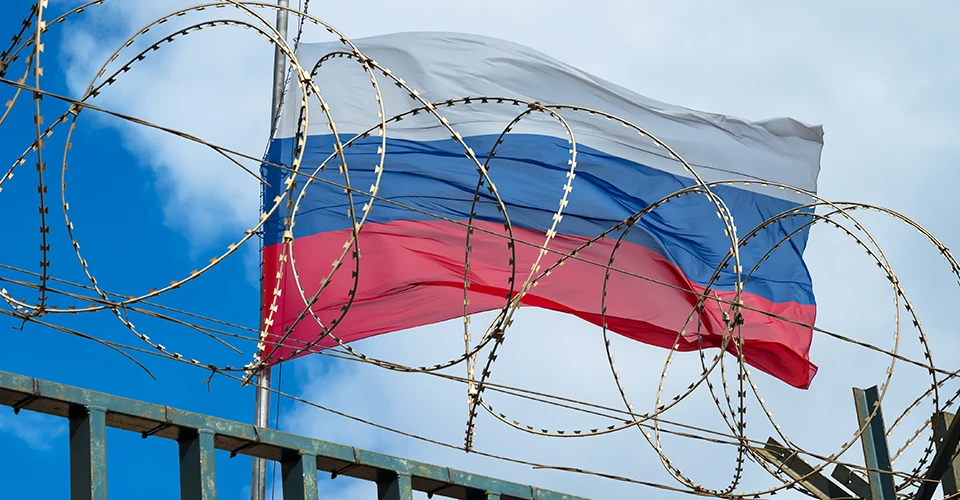
EU extends anti-Russian sanctions for another six months
On Wednesday, September 13, the Council of the European Union decided to extend sanctions against Russian individuals and legal entities responsible for violating the territorial integrity of Ukraine for six months
The press service of the EU Council reported the information.
Thus, the EU's anti-Russian sanctions will last until March 15, 2024.
They include travel restrictions for individuals, asset freezes, and a ban on providing funds or other economic resources to individuals and legal entities on the list.
The restrictions were imposed on nearly 1,800 individuals and entities in response to Russia's unjustified military aggression against Ukraine.
As part of the sanctions review, the Council also decided not to renew the listing of four individuals.
"The EU will continue to provide strong financial, economic, humanitarian, military and diplomatic support to Ukraine and its people for as long as it takes," the agency emphasized.
Sanctions against Russia
The new 11th sanctions package against Russia was supposed to be adopted by the end of May, but Budapest demanded that three Hungarian companies be removed from the list. Hungarian Foreign Minister Péter Szijjártó said that due to Ukraine's inclusion of the Hungarian OTP Bank in the list of war sponsors, it would be difficult for Budapest to agree with the EU on new sanctions against Russia.
Greece also demanded that its companies be removed from the list.
On May 8, the Financial Times reported that the European Union may impose sanctions on several Chinese companies for supplying electronics to Russia.
In June, Politico reported that Germany, France, and several other EU member states fear that measures aimed at preventing Russians from circumventing sanctions could have a negative impact on diplomatic relations.
On June 15, Bloomberg wrote that the EU may remove 5 Chinese companies with ties to Russia from the new sanctions list.
On June 21, EU ambassadors agreed on a new package of sanctions against Russia, which includes the elimination of loopholes that help the Russians circumvent previously imposed restrictions.
On June 28, Switzerland added new individuals and organizations to the list of restrictions on Russia, thus supporting the 11th EU sanctions package.
On July 20, Australia imposed new restrictions on 35 organisations from the Russian defence, technology and energy sectors, as well as 10 ministers, senior Russian officials and military officers from Belarus.
The EU Council also extended sanctions against certain sectors of the Russian economy for another six months.
- News














































